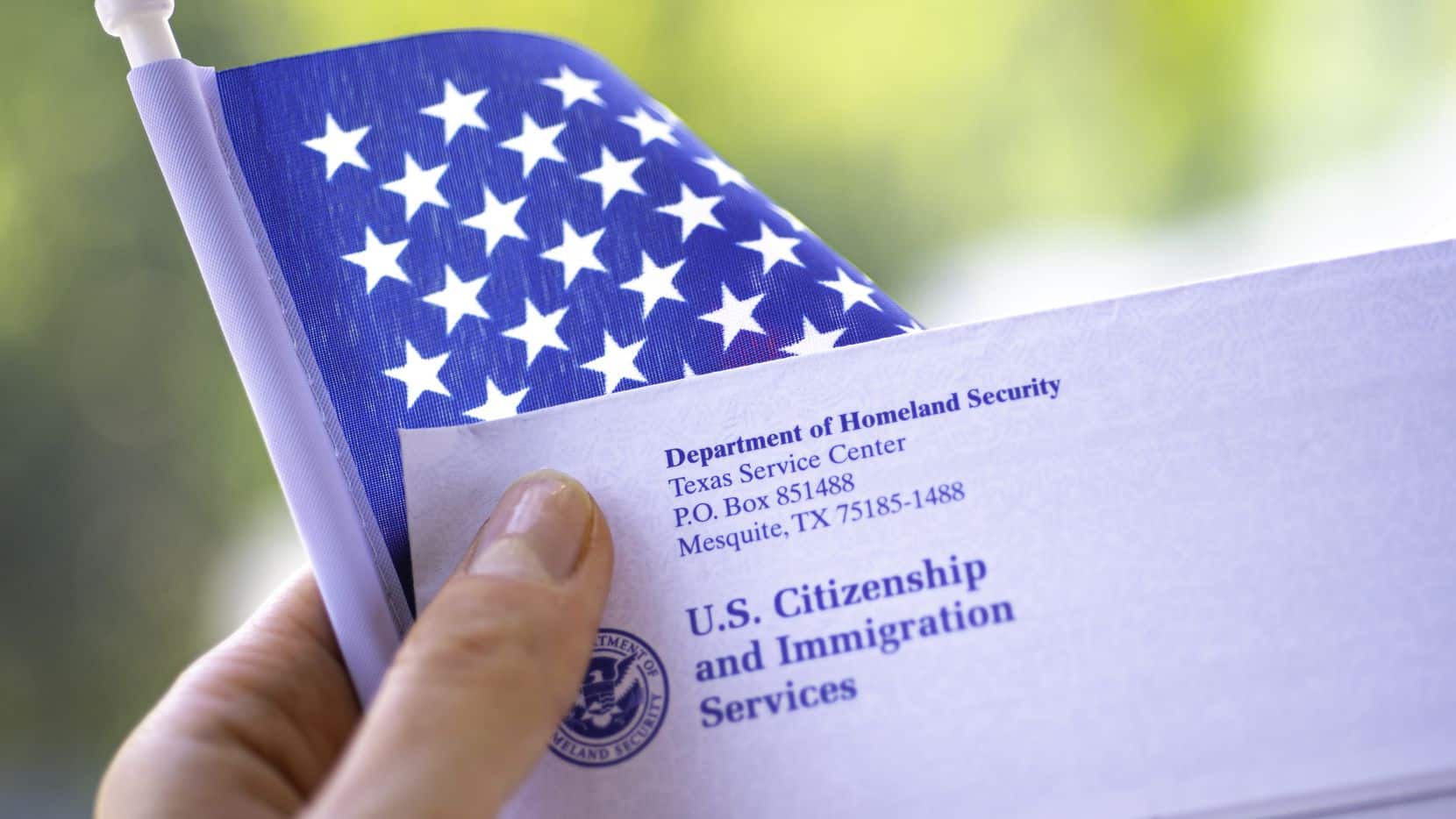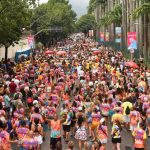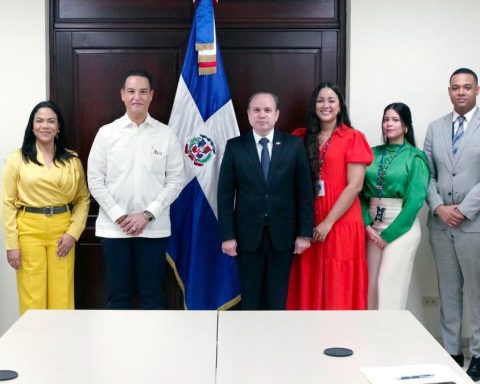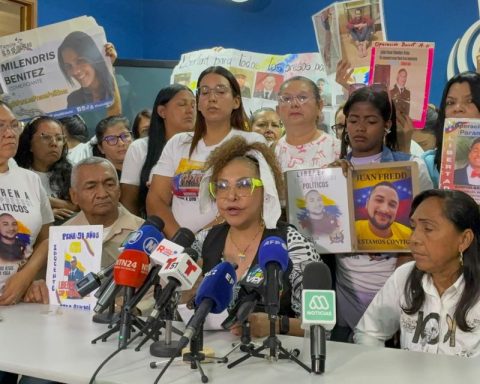The United States embassy in Nicaragua revealed this Tuesday, March 7, that 98% of the applications of Nicaraguan migrants to the new “parole” immigration program are being approved.
The diplomatic headquarters did not specify the number of Nicaraguan nationals benefited from the program that seeks to reduce the high levels of irregular migration on the southern border of the United States, one of the most sought after destinations by people fleeing the Central American country.
“98% of Nicaraguan applications to the Parole program are being approved,” the diplomatic delegation wrote in its Twitter social network account.
Related news: First Nicaraguans receive US humanitarian parole
In addition, he urged citizens to apply to the parole program. Don’t be afraid of the app, you might qualify. Go through the motions and let the US decide,” she stressed.
The humanitarian parole application must be initiated by a person living in the United States. These are the requirements you must meet if you want to become sponsors of Nicaraguan migrants: Be a US citizen; be a legal resident in the United States (green card); be protected under a Temporary Protection Status (TPS); be granted asylum in the US; be a refugee in the US; or have any other status of permanent or temporary lawful stay in the United States.
Individuals participating in these processes must have a supporter in the United States who agrees to provide them with financial assistance for the duration of their parole in the United States. The first step in the process is for the US-based sponsor to file a Form I-134A, the online application to be a sponsor and statement of financial support for each beneficiary seeking support, including minor children. The documents are available at https://www.uscis.gov/CHNV
The US government will then review the sponsor information provided on the Form to ensure that they are able to financially support the beneficiaries they agree to support. Access to the processes is free. Neither the US-based sponsor nor the beneficiary is required to pay a fee to the US government to be considered for travel authorization or parole.


















